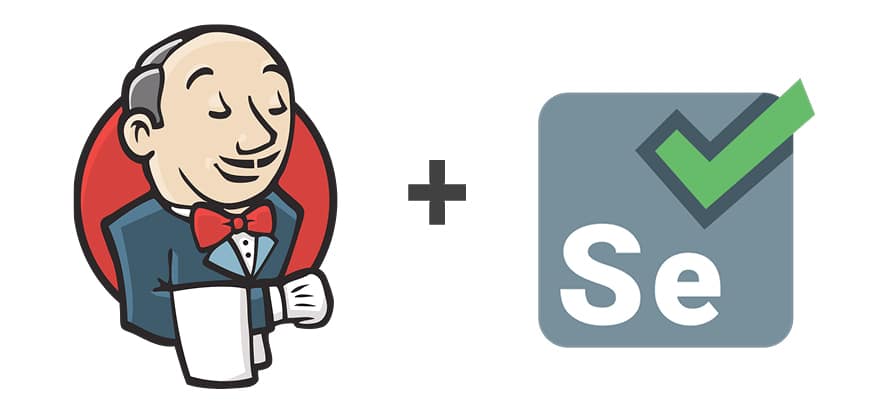Selecting the ideal test automation framework is a pivotal decision in the realm of software development. In this blog post, we will conduct a comprehensive comparison between two prominent test automation frameworks: Pytest vs. TestNG. By examining their distinctive features, use cases, and strengths, we aim to assist you in making an informed choice for your test automation needs, whether you’re working in Python or Java.
Pytest: The Pythonic Testing Framework
Pytest is a versatile and widely adopted testing framework in the Python community. It stands out for its simplicity, scalability, and user-friendliness. Here are some key advantages of Pytest:
- Concise Test Code: Pytest minimizes the need for boilerplate code, enabling you to write clear and concise test logic.
- Automatic Test Discovery: Pytest automatically discovers and runs tests, simplifying test suite maintenance as your project expands.
- Robust Fixture Support: Pytest offers powerful fixture support for managing test setup and teardown operations, streamlining test setup.
- Parameterization: Writing data-driven tests with multiple inputs is straightforward thanks to Pytest’s parameterization feature.
- Rich Ecosystem: The Pytest ecosystem includes a multitude of plugins and extensions that enhance its capabilities for diverse testing scenarios.
http://informationarray.com/2023/09/19/pytest-vs-unittest-choosing-the-right-python-testing-framework/
TestNG: The Java Testing Framework
TestNG is a popular testing framework designed for Java, with the goal of enhancing test configuration and execution flexibility. Here are some key advantages of TestNG:
- Annotations: TestNG relies on annotations to define test methods and control the test execution flow, providing fine-grained control over tests.
- Parallel Execution: TestNG offers built-in support for parallel test execution, which can significantly improve test suite efficiency.
- Parameterization: TestNG supports parameterization of test methods, allowing you to run the same test with various data sets.
- Dependency Management: You can define test dependencies in TestNG, ensuring that tests run in a specific order based on their dependencies.
- Detailed Reporting: TestNG generates comprehensive HTML test reports, simplifying test result analysis.
Pytest vs. TestNG: A Detailed Comparison
Let’s delve into a detailed comparison between Pytest and TestNG using a comprehensive table:
| Aspect | Pytest | TestNG |
|---|---|---|
| Programming Language | Python | Java |
| Test Code Simplicity | Concise and Pythonic | Relies on annotations for configuration |
| Test Discovery | Automatic and easy | Configuration-driven test suite |
| Fixture Support | Robust fixture support | Limited fixture capabilities |
| Parallel Execution | Requires additional plugins | Built-in support for parallel execution |
| Parameterization | Supports parameterization for data-driven tests | Built-in parameterization |
| Dependency Management | Limited support for test dependencies | Robust test dependency management |
| Reporting | Customizable HTML reports | Detailed HTML test reports |
| Ecosystem | Rich ecosystem with plugins and extensions | Java ecosystem with libraries |
| Learning Curve | Lower | Moderate |
| Community Support | Strong Python community with active development | Active Java community |
Making the Right Choice
Your choice between Pytest and TestNG should be guided by your project’s specific requirements and the programming language you are using. Consider the following factors:
- Programming Language: If your project is in Python, Pytest is a natural fit. For Java-based projects, TestNG is the preferred choice.
- Test Code Simplicity: Pytest emphasizes simplicity and conciseness in test code, while TestNG relies on annotations and configuration.
- Fixture Support: Pytest offers robust fixture support, while TestNG has limited fixture capabilities.
- Parallel Execution: TestNG provides built-in support for parallel execution, whereas Pytest may require additional plugins.
- Parameterization: Both frameworks support parameterization, but TestNG has built-in support.
- Dependency Management: TestNG offers more advanced test dependency management features.
- Reporting: Both frameworks generate detailed test reports, but customization options may vary.
http://informationarray.com/2023/09/19/pytest-vs-selenium-a-comprehensive-comparison-for-test-automation/
Here are some FAQs based on Pytest and TestNG
Q1: What is the Python equivalent of TestNG?
A1: In Python, Pytest serves a similar role to TestNG in test automation. While their syntax and usage differ, Pytest is a widely used testing framework for structuring and executing tests.
Q2: Is Pytest superior to Selenium?
A2: Pytest and Selenium have distinct purposes in test automation. Pytest is a testing framework for organizing and running tests, while Selenium is designed specifically for browser automation and UI testing. They are often used together to complement each other’s capabilities.
Q3: Can TestNG be integrated with Selenium in Python?
A3: TestNG is typically associated with Java for Selenium testing. However, when working with Selenium in Python, it is more common to use Python-based testing frameworks like Pytest or unittest, as they are better suited for Python programming.
Q4: What advantages does Pytest offer?
A4: Pytest provides several advantages, including concise test code, automatic test discovery, robust fixture support, parameterization, and a rich ecosystem of plugins. These features simplify the process of writing and executing tests in Python, making Pytest a popular choice among developers and testers.
In conclusion, both Pytest and TestNG are powerful test automation frameworks, and your choice should be based on your specific project needs, programming language, and your team’s expertise. When used effectively, these frameworks can significantly enhance the efficiency and effectiveness of your test automation efforts.









